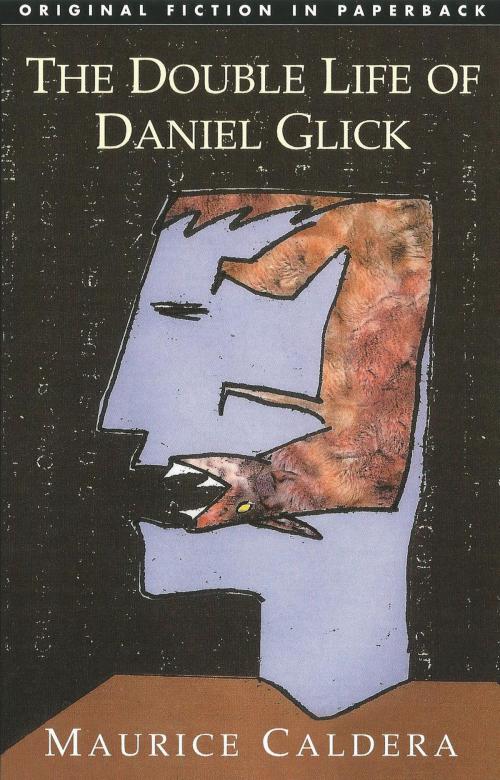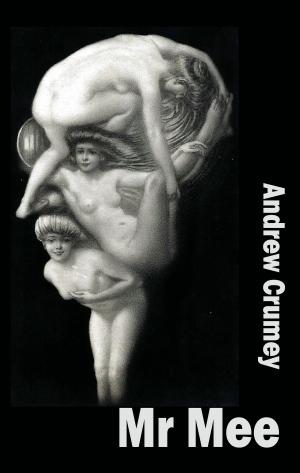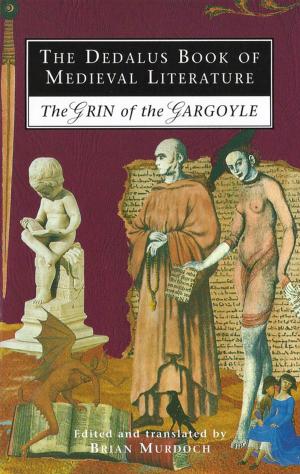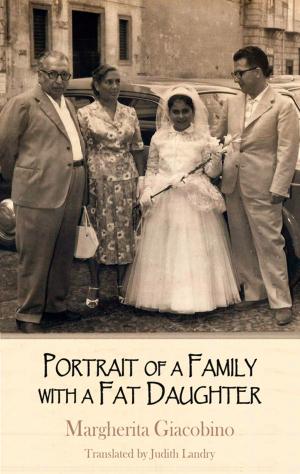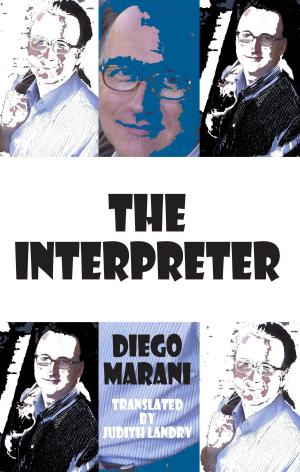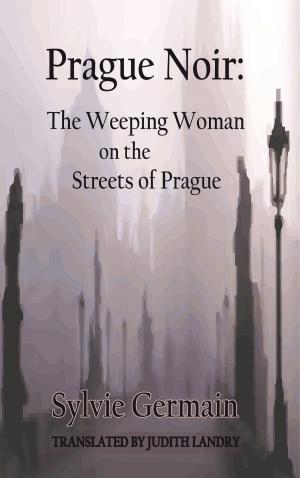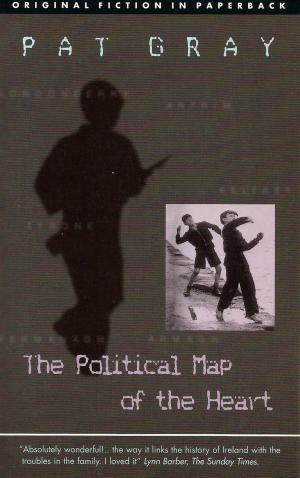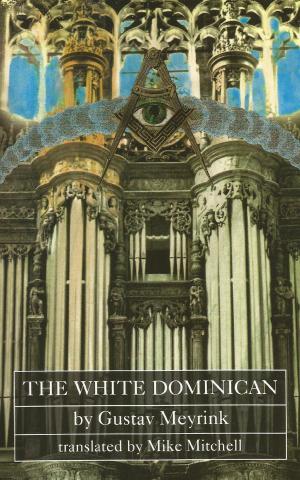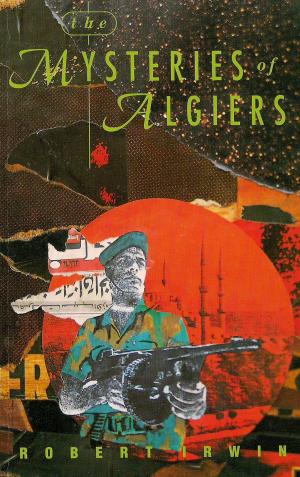| Author: | Maurice Caldera | ISBN: | 9781909232655 |
| Publisher: | Dedalus Ebooks | Publication: | January 5, 2010 |
| Imprint: | Dedalus Ebooks | Language: | English |
| Author: | Maurice Caldera |
| ISBN: | 9781909232655 |
| Publisher: | Dedalus Ebooks |
| Publication: | January 5, 2010 |
| Imprint: | Dedalus Ebooks |
| Language: | English |
'Aside from his tragic demise of his entire family in an earthquake, Daniel seems like a regular guy. His decision not to talk much to his work colleagues, ' because you couldn't really trust any of them', is a little eccentric, but on the surface, all is normal enough. However, it is not long before Daniel is being dragged into the police cells for questioning over the disappearance of his wife, and the story shoots off into a bizarre narrative of elusive meaning.
In this strange world, Daniel's boss Mr Ferrer owes his promotion to the earthquake that wiped out his previous boss, and uses his new-found status to persecute Daniel. It doesn't take Daniel long to develop an all-consuming hatred of the coldly obnoxious Ferrer and he jacks in his job to wander aimlessly round the streets trailed by a mysterious long-coated stranger. Victor, Daniel's stalker, is the living doppelganger of the man he follows so assiduously. The eery duo turn out to be trapped in a police state where neighbours are told 'to report the things they hear and the things they see.'
It then transpires that Daniel's parents did not die under the rubble, but were spirited off in the night after he blurted out their plans to flee the country in the back of a meat truck. Alter ego Victor, who bites his tongue off accidentally when a circus tent pole falls on him, cannot condemn or defend and is thrown away like unwanted junk, useless in a world where poisonous gossip has the status of hard currency.
Cleverly binding together a string of endless question marks, Caldera's tale combines political polemic and a disintegrating moral framework with a series of quirky coincidences. Like the repercussions of the earthquake, the ideas in this intriguing novel resonate long after the end has been reached.' Anna Scott in The Big Issue 'Caldera's writing is reminiscent of The Outsider by Albert Camus:imprecise in terms of place and time, and characterised by a deliberate reticent about the confessional hero's inner life. While appearing to disclose everything about his personal history, Glick retreats into a private world of memory and fantasy. It is thoughtful and well written.' Andrew Biswell in Scotland on Sunday 'The Double Life of Daniel Glick recalls Kafka, and Caldera's tale is a mix of naivety and viciousness: always engaging and occasionally staggeringly shocking. It's hard to know quite what to conclude on turning its final page, but that, presumably, is the point.' The Sunday Herald '
'Aside from his tragic demise of his entire family in an earthquake, Daniel seems like a regular guy. His decision not to talk much to his work colleagues, ' because you couldn't really trust any of them', is a little eccentric, but on the surface, all is normal enough. However, it is not long before Daniel is being dragged into the police cells for questioning over the disappearance of his wife, and the story shoots off into a bizarre narrative of elusive meaning.
In this strange world, Daniel's boss Mr Ferrer owes his promotion to the earthquake that wiped out his previous boss, and uses his new-found status to persecute Daniel. It doesn't take Daniel long to develop an all-consuming hatred of the coldly obnoxious Ferrer and he jacks in his job to wander aimlessly round the streets trailed by a mysterious long-coated stranger. Victor, Daniel's stalker, is the living doppelganger of the man he follows so assiduously. The eery duo turn out to be trapped in a police state where neighbours are told 'to report the things they hear and the things they see.'
It then transpires that Daniel's parents did not die under the rubble, but were spirited off in the night after he blurted out their plans to flee the country in the back of a meat truck. Alter ego Victor, who bites his tongue off accidentally when a circus tent pole falls on him, cannot condemn or defend and is thrown away like unwanted junk, useless in a world where poisonous gossip has the status of hard currency.
Cleverly binding together a string of endless question marks, Caldera's tale combines political polemic and a disintegrating moral framework with a series of quirky coincidences. Like the repercussions of the earthquake, the ideas in this intriguing novel resonate long after the end has been reached.' Anna Scott in The Big Issue 'Caldera's writing is reminiscent of The Outsider by Albert Camus:imprecise in terms of place and time, and characterised by a deliberate reticent about the confessional hero's inner life. While appearing to disclose everything about his personal history, Glick retreats into a private world of memory and fantasy. It is thoughtful and well written.' Andrew Biswell in Scotland on Sunday 'The Double Life of Daniel Glick recalls Kafka, and Caldera's tale is a mix of naivety and viciousness: always engaging and occasionally staggeringly shocking. It's hard to know quite what to conclude on turning its final page, but that, presumably, is the point.' The Sunday Herald '
